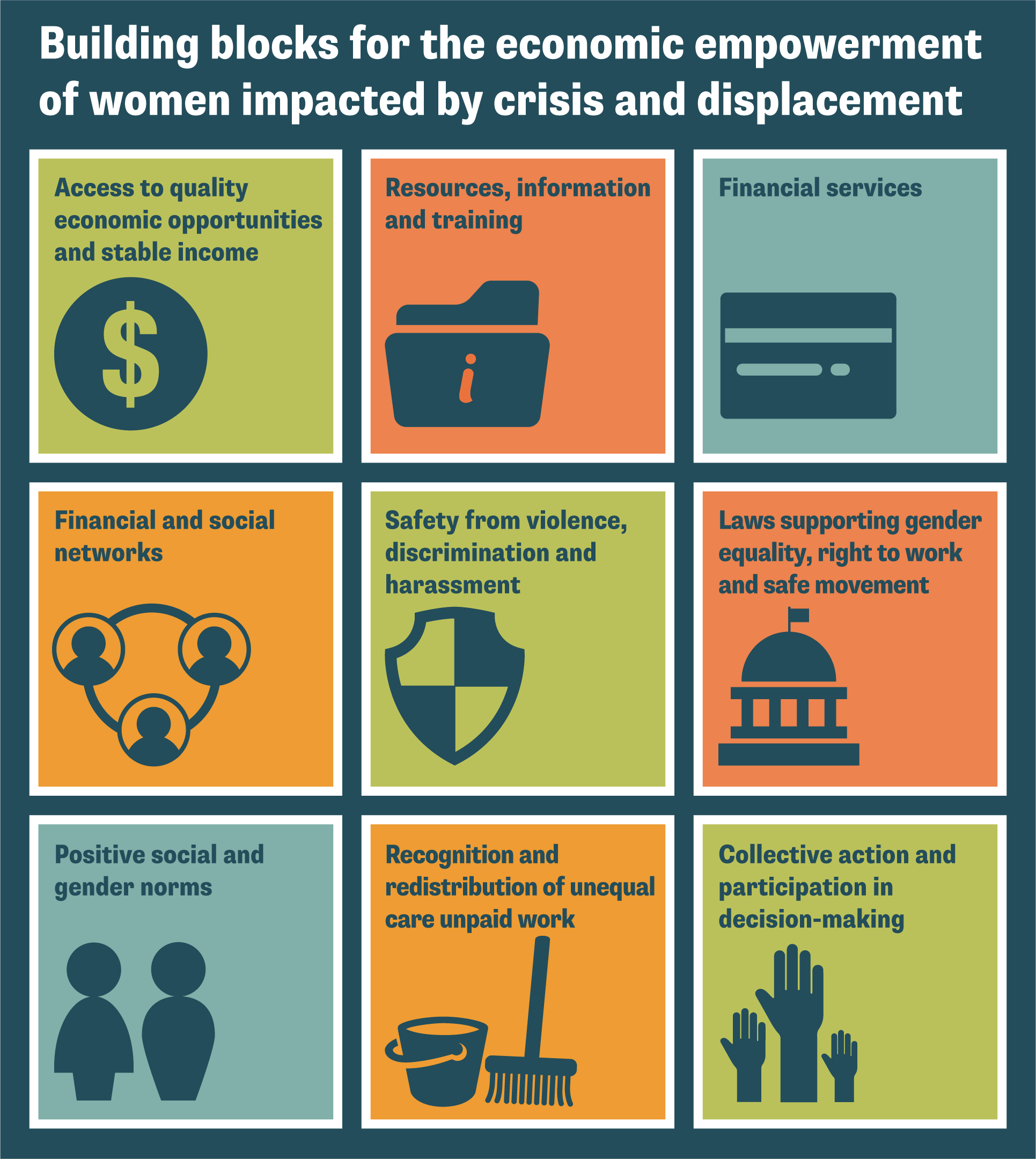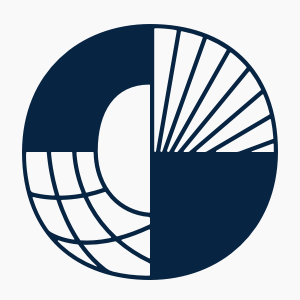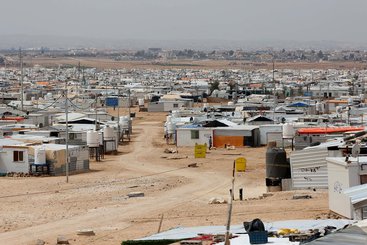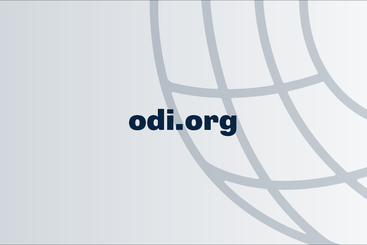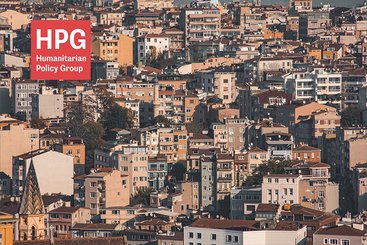The Covid-19 pandemic has had a devastating impact on the lives and livelihoods of women globally. Women affected by crisis and displacement have been hit by a ‘triple disadvantage’ of Covid-19, displacement and gender discrimination. Our findings from research in Jordan, Greece and Nigeria show clear gender differences in the ability to earn an income, be employed in salaried formal work and take on responsibility for unpaid care work throughout the pandemic, with women hit hardest. Key barriers to economic opportunities include restrictions on freedom of movement and access to financial services, formal employment and social protection.
Despite this ‘triple disadvantage’, the specific challenges facing women affected by crisis and displacement are rarely a policy focus. In particular, our research highlights that an over-emphasis in policy on supporting women-led businesses and women’s entrepreneurship in stable settings risks neglecting the most marginalised women in countries affected by crisis and displacement. We argue that there is inadequate policy attention to displaced women’s labour market access, inclusive social protection and social norm change to address stigma and discrimination.
Restoring resilient futures for women in crisis and displacement settings relies on multi-stakeholder action and inclusive economies. The Covid-19 global recovery presents an opportunity for renewed attention to a comprehensive and inclusive approach to women’s economic empowerment, rebuilding economies by prioritising the right to safe and decent economic opportunities, financial services, social networks, social protection, redistributed unpaid care and laws supporting refugee inclusion and gender equality.
This report, from ODI and the International Rescue Committee (IRC), is based on in-depth surveys conducted with 725 IRC clients in Greece, Jordan and Nigeria, as well as analysis of relevant policy and financing initiatives. It aims to better understand the economic impact of Covid-19 on women affected by displacement, before making policy recommendations to support their economic empowerment.
